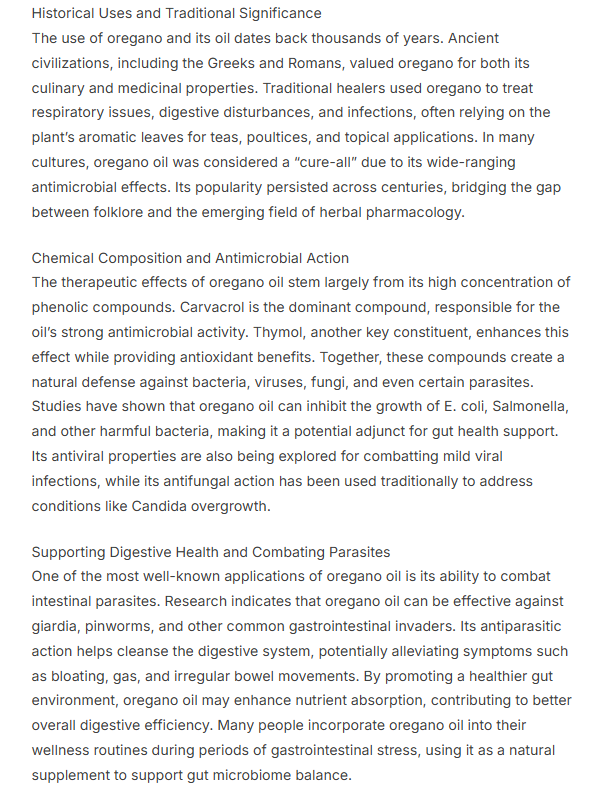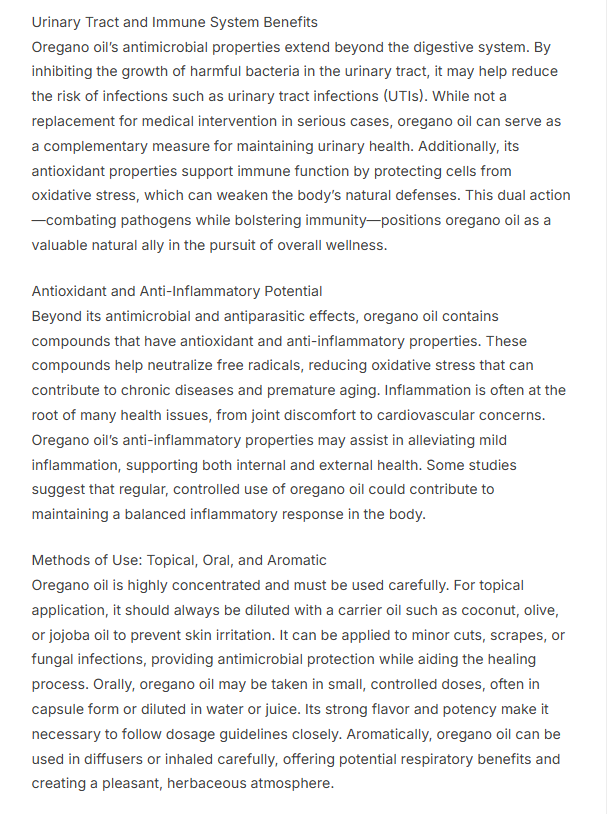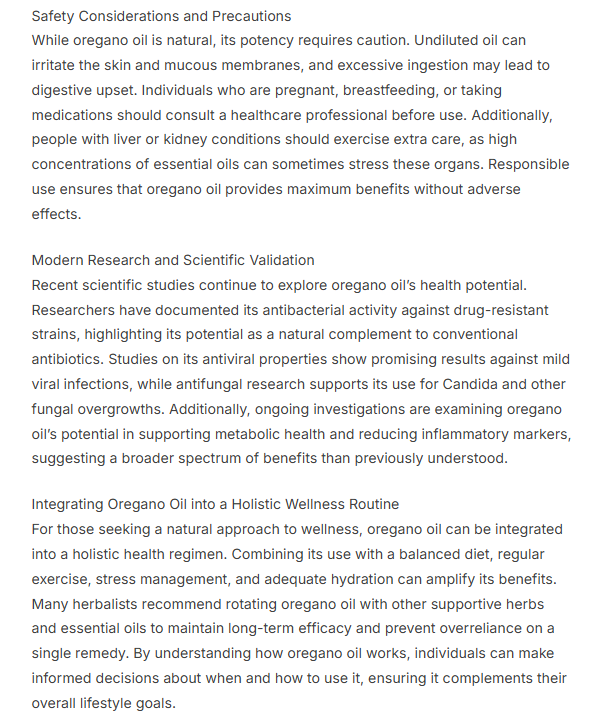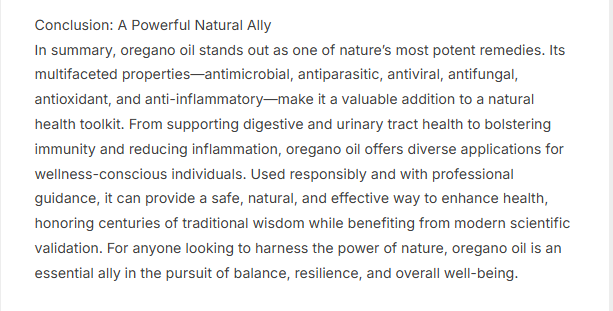In a world where productivity and mental sharpness are highly valued, fatigue has become one of the biggest obstacles to optimal performance. Whether you’re an athlete, a student, a driver, or a professional working long hours, staying alert and responsive is crucial. One surprisingly simple yet incredibly effective way to restore energy and enhance focus is through the power nap.
Power naps, short bursts of sleep that last between 10 to 30 minutes, have been proven to boost reaction time, improve mental alertness, and refresh the brain without the grogginess associated with longer naps. Far from being a lazy indulgence, they’re a science-backed tool for maintaining peak cognitive performance.
Let’s explore how power naps impact the brain, body, and overall performance — and how to use them strategically to stay at your best.





The Science Behind Power Naps
The human body follows a natural rhythm known as the circadian cycle, which regulates sleep and wakefulness throughout the day. Most people experience a natural dip in energy during the early afternoon, often between 1 p.m. and 3 p.m. During this period, concentration drops, memory recall weakens, and reaction speed slows down.
When you take a brief nap during this time, your brain enters the lighter stages of non-REM (rapid eye movement) sleep. This phase is critical because it refreshes mental processes without leading to sleep inertia — the groggy, disoriented feeling that comes from waking up during deep sleep.
Neuroscientific research shows that short naps help the brain reset its neural pathways. This “reset” process clears short-term memory storage, making space for new information and improving mental clarity. Additionally, napping promotes the release of neurotransmitters such as serotonin and dopamine, which enhance mood and motivation.
Power Naps and Reaction Speed
Reaction speed — the time it takes for your brain to process a stimulus and respond — is crucial in many daily activities. Whether you’re braking suddenly while driving, responding to an emergency at work, or making split-second decisions in sports, fast reaction time can make a huge difference.
Sleep deprivation or even mild fatigue can slow down neural processing. The brain struggles to maintain consistent focus, and the body’s reflexes lag. A short nap can counteract this by giving the brain a quick recovery period.
Studies from NASA and other research institutions have consistently found that even a 20-minute nap can improve reaction time by up to 35% and alertness by over 50%. Pilots, astronauts, and military personnel often rely on power naps to stay sharp during long missions.
Athletes, too, benefit significantly. In competitive sports, where milliseconds count, the ability to react quickly can determine success. Many professional teams incorporate nap breaks into training routines to help players maintain peak cognitive function and reflex control.
The Mental Alertness Advantage
Mental alertness is more than just staying awake — it’s the ability to focus, process information efficiently, and make quick, accurate decisions. A lack of alertness can lead to mistakes, poor judgment, and decreased performance in tasks that require sustained attention.
Power naps recharge the brain’s prefrontal cortex — the region responsible for decision-making, focus, and working memory. This restoration helps improve logical reasoning, creativity, and overall problem-solving skills.
In workplaces, employees who nap briefly during breaks often return to tasks with renewed focus and energy. This leads to better productivity, fewer errors, and improved morale. Even in high-pressure environments like healthcare or aviation, power naps are increasingly recognized as essential tools for maintaining performance and safety.
Cognitive Benefits Beyond Alertness
While the most noticeable benefits of power naps are improved reaction time and alertness, their effects extend further into other aspects of cognitive function.
1. Enhanced Memory Retention
A short nap can significantly improve the ability to retain and recall information. During light sleep, the brain consolidates short-term memories and integrates them with existing knowledge, enhancing learning and recall.
2. Improved Creativity
Resting the brain through a power nap allows for subconscious problem-solving. Many people find that after a nap, they return to a problem with a fresh perspective and new ideas.
3. Better Emotional Regulation
Fatigue can heighten irritability and stress, making it harder to stay calm or make rational decisions. Power naps restore emotional balance by lowering stress hormones and promoting a more relaxed state of mind.
4. Increased Motivation
When energy dips, motivation often follows. Napping helps reset the brain’s reward centers, increasing the drive to complete tasks and engage in challenging activities.
How Long Should a Power Nap Be?
The duration of a power nap determines its effectiveness. Naps that are too short may not provide full restorative benefits, while naps that are too long may cause grogginess.
Here’s a breakdown of nap lengths and their effects:
- 10–15 minutes: Ideal for a quick recharge. Boosts alertness, focus, and mood without sleep inertia.
- 20–30 minutes: The optimal length for improving reaction time, decision-making, and cognitive performance.
- 45–60 minutes: May enter deep sleep stages, beneficial for memory consolidation but can cause grogginess upon waking.
To wake up feeling refreshed, it’s best to limit naps to under 30 minutes. Setting an alarm or using a timer can help ensure you don’t oversleep.
When and Where to Take a Power Nap
Timing and environment play a crucial role in maximizing the benefits of a nap.
Best Time:
The ideal time for a nap is in the early to mid-afternoon, when the body’s energy naturally dips. Napping too late in the day can interfere with nighttime sleep.
Best Environment:
- Find a quiet, comfortable, and dimly lit space.
- Use an eye mask or earplugs to minimize distractions.
- Keep the temperature slightly cool to promote relaxation.
- If possible, recline or lie down to allow the body to fully relax.
Many offices and universities now provide nap pods or relaxation rooms to support this growing awareness of rest’s role in performance.
Power Naps vs. Caffeine
Many people rely on caffeine to stay alert, but while it offers a quick energy boost, it doesn’t restore brain function like sleep does. Caffeine blocks adenosine, a chemical that builds up during wakefulness and causes sleepiness. A power nap, on the other hand, actually clears adenosine from the brain, addressing fatigue at its source.
Interestingly, combining both strategies — a “coffee nap” — can be highly effective. Drinking a cup of coffee right before a 15- to 20-minute nap allows caffeine to kick in just as you wake up, doubling the effect on alertness and focus.
Common Misconceptions About Napping
Despite clear scientific evidence, power naps are still misunderstood. Some believe napping is a sign of laziness or weakness, but the reality is quite the opposite. Many high-achieving individuals, from artists and scientists to CEOs and athletes, use naps as a performance-enhancing tool.
Another misconception is that napping will ruin nighttime sleep. While excessive or late naps can interfere, short and properly timed naps generally improve sleep quality by reducing overall stress and fatigue.
Making Power Naps a Daily Habit
To turn napping into a productive routine:
- Schedule it: Treat naps as part of your daily performance routine, not as a last resort.
- Stay consistent: Napping at the same time each day helps train your body to fall asleep quickly.
- Create the right environment: Darkness, quietness, and comfort matter.
- Avoid long naps: Keep it short to stay refreshed, not drowsy.
- Listen to your body: If you feel drained, a short nap may be exactly what your brain needs.
Conclusion
Power naps are one of the most efficient, natural ways to enhance mental performance and maintain quick reflexes. They restore energy, improve mood, sharpen reaction speed, and heighten mental alertness — all within a matter of minutes.
In a culture that often glorifies constant activity, learning to rest strategically can set you apart. Whether you’re a student cramming for exams, a professional managing long hours, or an athlete seeking an edge, embracing the power nap could be your key to sustained peak performance.



